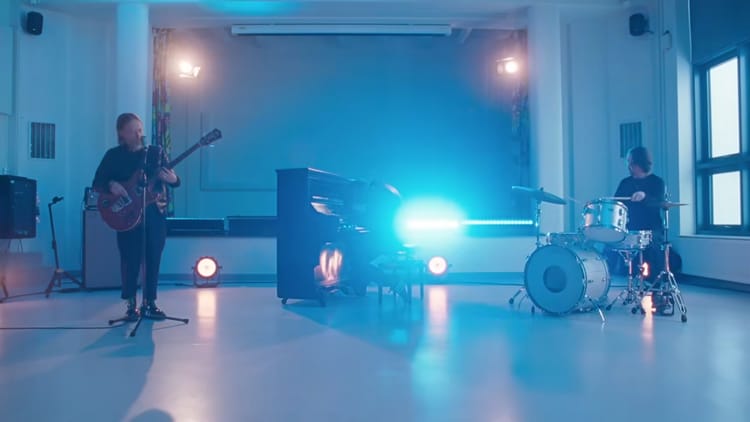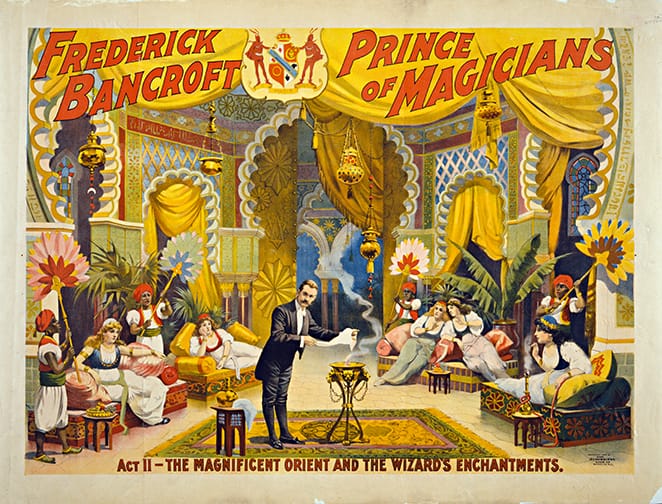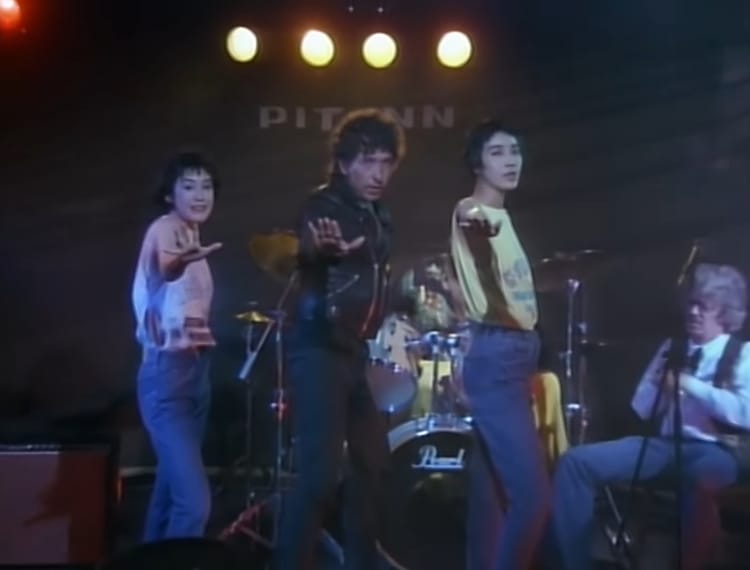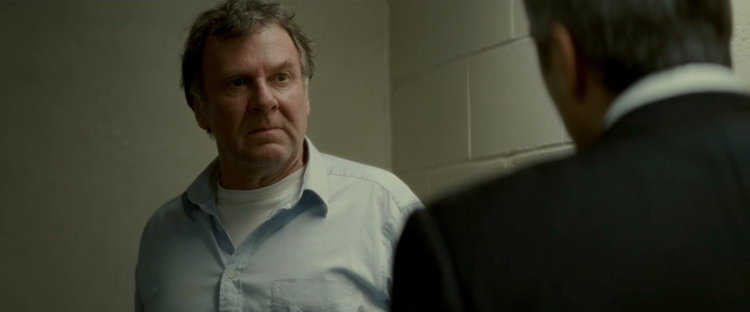The Bluey Files, Part Three: The Essential Bluey
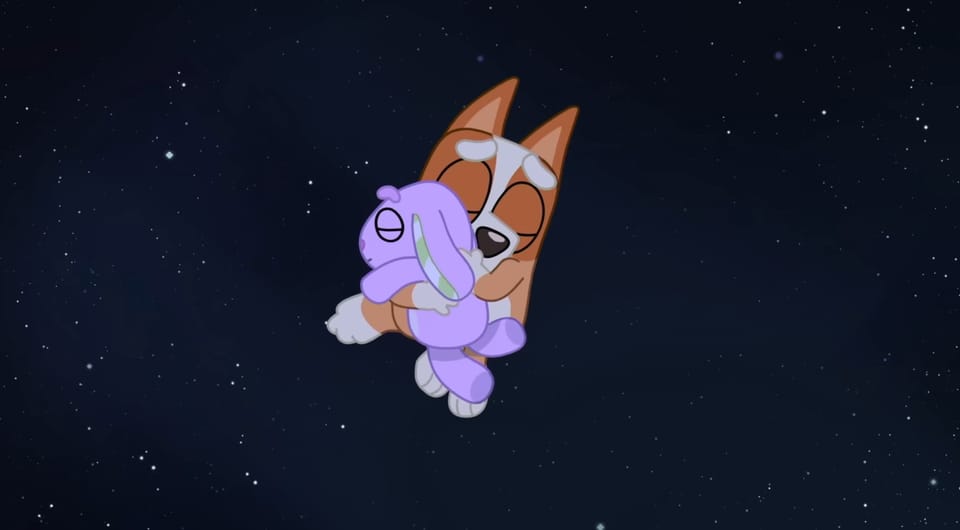
As the final part of Bluey week, I’ve taken a little survey—for the past few months I’ve been soliciting AFOB (Adult Fans of Bluey) for their favorite episode(s), and today, I present the results. Here is an eleven-episode starter pack to help you sift through the 150+ installments that have aired since 2018. But, of course, this isn’t a comprehensive list of every good Bluey, because every Bluey is good.
For ease of reference, I’ve included the season and episode numbers for each episode discussed—note that I’m going by Disney+ order rather than original Australian broadcast order.
Tim Harvie (co-host, Bluey Bros podcast): The first one that comes to mind for me is “Sleepytime” (S2E9) This is the one that's essentially structured around Bingo’s dream sequence, and this one really hits home. It's one of the more serious episodes, but I remember watching it for the first time when it came out with my little one. I gave her a little flopsy bunny, just like Bingo’s, when she was born, and this is her best friend. She doesn't leave the house without it. She carries it around constantly. Beatrice Bunny doesn't leave her side. And when we were watching the episode, which is really a beautiful episode, especially about Chilli's warmth and care, and Bingo kind of dealing with separation and these things–when the bunny flies away, I looked over at my little one, and she was being silent, and still watching it, but tears were coming down. And she was about four, and I remember my heart breaking, and I just put my arm around her, and we just watched it together. It was such a beautiful show. And when the sun is there, and Chilli's there, my wife and I were on either side of her, and she just kind of nestled into us. It was this real moment. And for a while, we weren't sure if we were going to be able to watch that episode again. But she did, and even the second time, it was the same thing, some tears. But it was a calmness, right? It was a really interesting kind of mature emotional engagement for her. I don't even quite have the words to express it yet.
Cory Wright-Maley (co-host, Bluey Bros podcast): There's two. For me personally, one that has been really resonant is “Stickbird” [note: this episode has aired in Australia, but isn’t yet available on Disney+] which is an episode in which Bandit’s really struggling with something. And they never make it totally clear what it is, but the struggle to get back to that place of emotional equanimity [while] he's struggling–as someone who has struggled with mental health for parts of my adult life, I really see myself in that. And I think at least one of my kids, in watching that, was like, Oh yeah, I've seen that before. Life's not always perfect or easy, and parents aren't always at their best. And I think being able to see myself in that was really important.
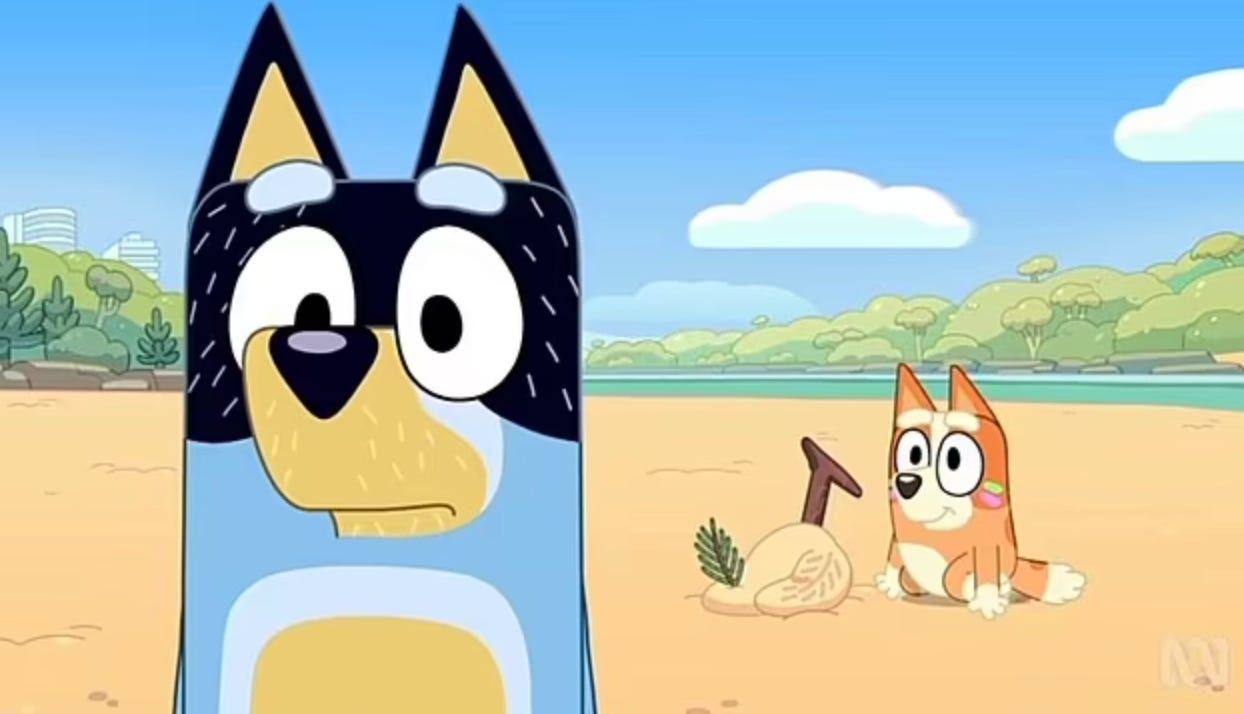
The other one was “Copycat” (S1E38). It was really a helpful episode, because we had a sparrow fly into our front window last year, and it died. But my youngest was looking out the window, watched it hit the window, and saw it there dead. And so we had to see, Maybe it's still alive and just stunned, we could put it in the birdhouse and we'll come back in a few hours and see, and then burying it. She really struggled with it for a long time, and kept coming back to it. But in watching that episode a few times with her, she was able to see, OK, this isn't just me struggling, this is a way that we can deal with death. And I really appreciate that the show doesn't shy away from it. It wasn't a happy ending, but it was nevertheless a kind of cathartic process, and how to help kids through it. And I think that was really meaningful.
Annie Berke (editor, Los Angeles Review of Books; author, Their Own Best Creations: Women Writers in Postwar Television): Right now, it's "Puppets" (S3E30), because it is sweet (the Chilli-Bandit connection), philosophical (what are puppets for?), actually funny ("Aaaaand why should I care?" is a great sitcom catchphrase) and playfully reflexive ("Duck Amuck" redux, but gentler!). Also, my dad used to make all my stuffed animals talk, so there's that sentimental link too, I guess.
Lucy Huber (editor, McSweeny’s): I love so many episodes, but the one I think of the most as a parent is “Sleepytime” (S2E9) when everyone is changing beds and Bingo keeps getting pulled away from the sun, which is her mom. It's just such a beautiful representation of how we care for our kids and have to let them go sometimes in order for them to grow but then they always come back to us for comfort and warmth. I think a lot of parenting is navigating this balance and the episode just does an amazing job of showing this push and pull both from the perspective of kids and parents.
I also really like “Camping” (S1E43) where Bluey meets a friend camping and then his family just kind of disappears suddenly and she's worried she will never see him again. I feel like it highlighted this thing that happens to kids all the time that we never really talk about, which is where as a kid you can make an incredible bond with someone almost instantly and then have no control over the relationship whatesoever. I think that episode is about friendship but also about how little control kids have in the world: Bluey can't Google Jean-Luc or find out where he lives, she just kind of has to trust that maybe one day she will see him again. So much of kids' lives is living in this world of just trusting the good things that happened to them might happen again but not knowing when or how, and I remember that feeling as a kid. I think Bluey remembers what it was really like to be a kid, the complexity and sadness and excitement of it, in a way other shows have never thought to explore.
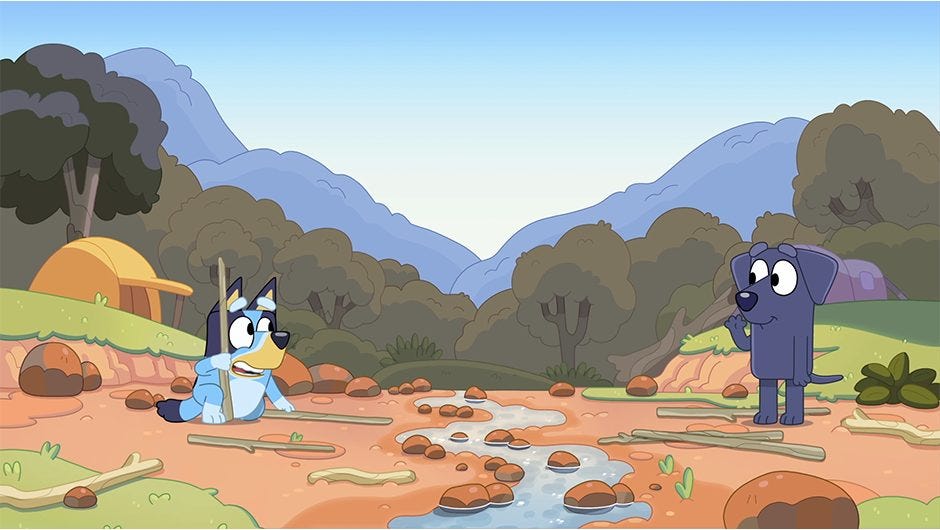
Alyssa Blask Campbell (author, Tiny Humans, Big Emotions: How to Navigate Tantrums, Meltdowns, and Defiance to Raise Emotionally Intelligent Children): I mean, “The Pool” (S1E22), as a mom. I'm on book tour right now, and I usually do childcare dropoff and pickup. And literally, the first day that I was gone, that my husband did dropoff, two things were forgotten that are, like, pretty essential to school. And I was like, this is just classic. So that one just hit home, I think, for a lot of us who are the ones who carry a lot of the mental load.
And then the one [“Sticky Gecko” (S1E12)] where it’s, All right, we gotta get out the door, and the kids can't get it together. And then they hit a point where [Chilli’s] like, OK, then we're not going. I love that, too. I feel like that's an opportunity to, again, model boundaries–Here's what you can expect from me, and it's not a punishment. This is the boundary, and then this is what you can expect from me as a result. If we get things ready, and we're ready to rock, and we head out the door, great. And if we can't get it together, we're not gonna go, and I'm not mad at you if that happens, it just is what it is that we just have run out of time. And I think we see this coming up into bedtime, where kids are playing, and they're not coming in to read books or whatever. And then we can get irritated, and we feel like the boundary keeps getting pushed. And being able to say, like, Yeah, we have 10 minutes left. And I would love to read books with you. And when this timer beeps, we're gonna put on your stuff for bed and we're gonna sing songs and go in your crib, or whatever the routine is. And if we have time for books before the timer beeps great. If not, we'll do this part. And I feel like she just shows up with that energy. It's like this is the boundary-consequence relationship without punishment.
Brendan Brodeur (friend of the newsletter): This is a surprisingly difficult question. I think “Grannies” (S1E28) is amazing, and love how it becomes this running theme in later episodes. Also love the newer one [“Stickbird”] that covers men’s mental health, that was moving. But my favorite is “Fairytale” (S3E25), where Bandit tells the kids about this awesome fairy tale of when he grew up, but he’s really describing his childhood in the 80s. We were flying home from a trip to Disney and the kiddo had headphones on but my wife and I had subtitles. And we were laughing really hard. It was the perfect end to a good trip.
Josh Bone (friend of the newsletter): “Rain” (S3E18), for me, is an absolutely beautiful portrayal of the experience of parenting a young child. You watch the interaction between Bluey’s mom and Bluey, and you watch as that dynamic traverses challenges without any dialogue. And at the end, you you realize you didn't need dialogue, that the the genius of it was that just through imagery and facial reaction—even though they're dogs—you're able to put yourself in the position that she's in because you can relate to that as a parent. And that really is one of the most meaningful experiences as a parent: dealing with lows and highs, and helping your kid navigate lows and highs. That's what I see in that. And I think it's telling that my kids will watch that episode with no dialogue and they’ll be enraptured by it.
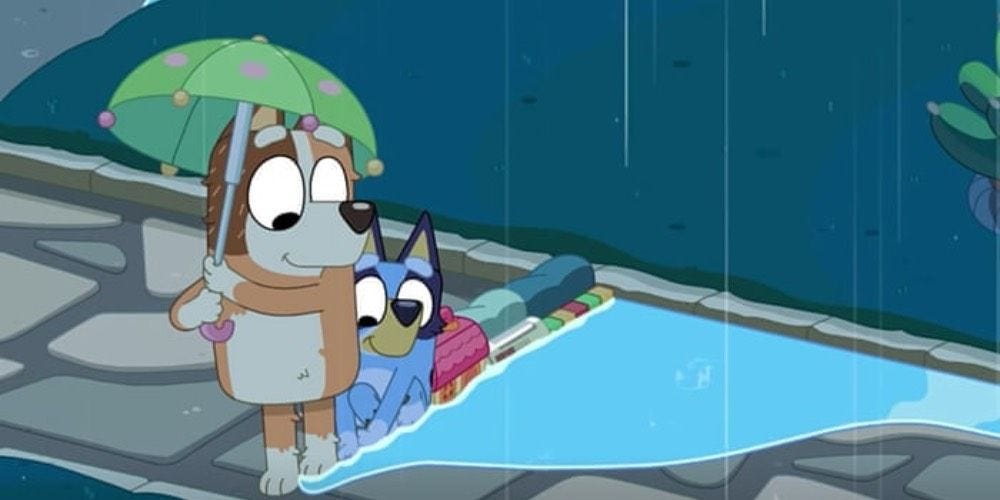
Bob Book (co-host, Film and Whiskey podcast): Just about every other episode of Bluey turns me into a blubbering mess, but none more so that "Flat Pack." I love that while I have my hard-and-fast interpretation of the episode, I've seen fan theories across the spectrum on what it all means: religious allegory, aging metaphor, demonstration of Darwinian evolution. There's clearly something for everyone in that episode.
Blake Howard (maven, One Heat Minute Productions): My absolute favorite episode, out of sight, I'm always going to say “Sleepytime.” I've never seen anything that has done what that episode does in eight minutes that is equally profound, touching, relatable, gargantuan, intimate, meaningful—that has just leveled me so completely as a cinephile. As a dad, however, an episode that you guys [in the U.S.] have not seen yet called “Cricket” about Bandit recalling how Rusty, one of Bluey’s best mates, gets good at cricket, has made me cry maybe nine times in a row out of the nine times I've watched it. It's such a beautiful story about obsession, and about being a good brother, and being a good dad, and being great friends and what, aspirationally, I think Australia wishes that it was. And it's not, and that's tragic. But it's beautiful.
All of the above mentioned episodes, except for “Stickbird” and “Cricket” are currently available on Disney+.
